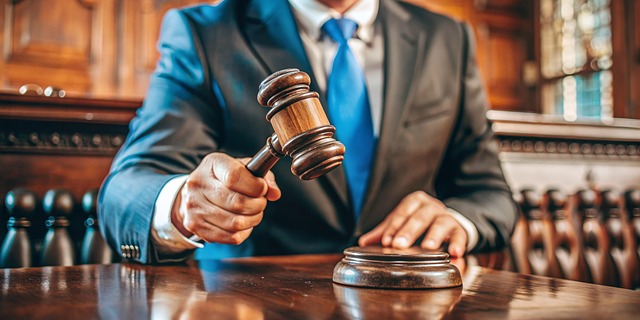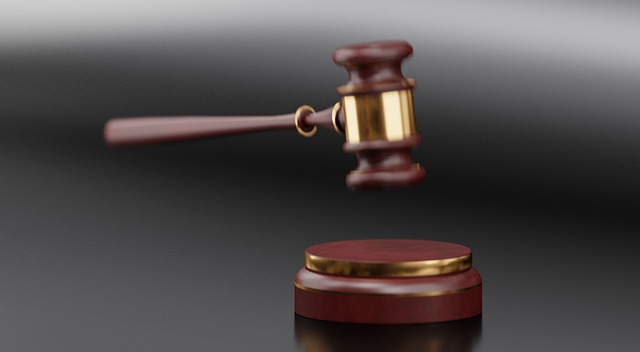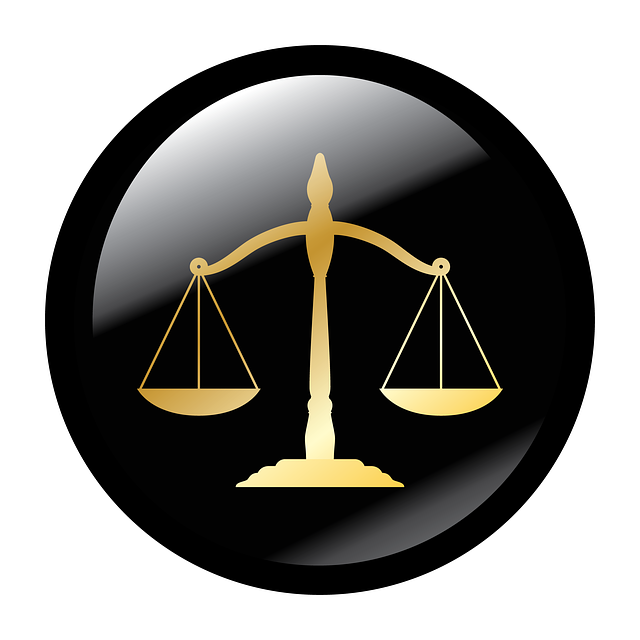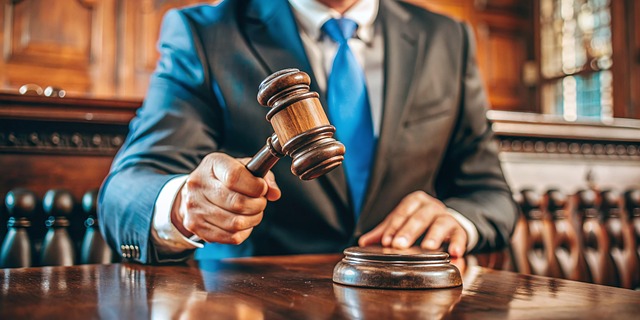Legal representation is a cornerstone of criminal justice defense, offering skilled guidance and advocacy to individuals facing criminal accusations. Criminal defense attorneys ensure clients understand their rights, conduct investigations, challenge evidence, and advocate for freedom while upholding justice under the law. They employ strategic approaches involving evidence analysis, witness cross-examination, expert testimony, and crafting legal arguments to secure fair outcomes.
In the intricate world of criminal justice defense, legal representation plays a pivotal role. Understanding the role of an attorney during investigations is essential for ensuring fair and just outcomes. This article delves into the core responsibilities and strategies employed by criminal defense attorneys, providing insights into their crucial contribution to the criminal justice system. From comprehending rights and obligations to mastering unique investigative techniques, legal representatives navigate complex procedures, ultimately advocating for their clients’ interests.
- Understanding the Role of Legal Representation
- Rights and Responsibilities of Criminal Defense Attorneys
- Strategies in Criminal Justice Defense Investigations
Understanding the Role of Legal Representation

Legal representation plays a pivotal role in criminal justice defense, ensuring that individuals accused of crimes have access to skilled advocacy. It’s not merely about presenting a defense; it involves guiding clients through complex legal systems, protecting their rights, and offering strategic counsel.
Effective legal representation empowers defendants, enabling them to understand their options, challenge evidence, and navigate the intricacies of the criminal justice process. This support is essential to ensuring fairness, as it levels the playing field between the state and the accused, fostering a system where everyone is entitled to robust protection under the law.
Rights and Responsibilities of Criminal Defense Attorneys
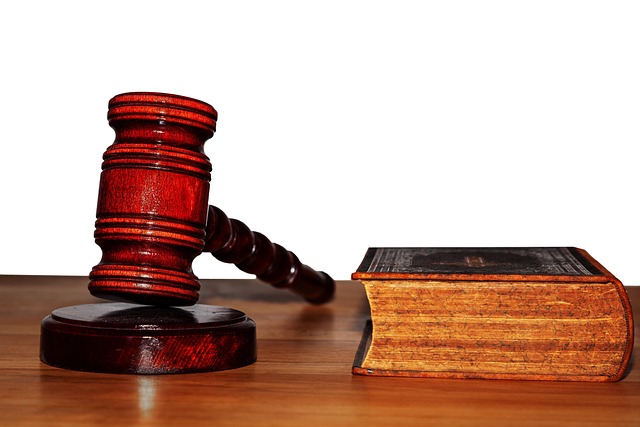
Criminal defense attorneys play a pivotal role in the criminal justice system, safeguarding the rights of those accused of crimes. One of their primary responsibilities is to ensure that their clients understand and exercise their constitutional rights. This includes the right to remain silent, the right to an attorney, and the right to a fair trial. Defense lawyers must advise clients on these rights, guide them through the legal process, and protect them from self-incrimination.
Moreover, criminal defense attorneys have a duty to mount a robust defense on behalf of their clients. They conduct thorough investigations, gather evidence, and challenge the prosecution’s case in court. These attorneys must remain impartial, even when faced with seemingly overwhelming evidence against their client, and advocate for their freedom and the just application of the law.
Strategies in Criminal Justice Defense Investigations

In the intricate landscape of criminal justice defense investigations, attorneys employ a multifaceted strategy to ensure fair and just outcomes for their clients. The initial step involves gathering and scrutinizing evidence, where legal professionals delve into every detail to identify potential loopholes or discrepancies that can be used to benefit the defendant. This meticulous process includes analyzing police reports, witness statements, and forensic data, often employing experts in various fields to interpret complex information.
Furthermore, criminal defense lawyers strategically navigate the legal system by challenging the prosecution’s case through cross-examination, expert testimony, and legal arguments. They may also leverage investigative techniques, such as interviewing witnesses, uncovering alibis, or exposing procedural errors, to build a robust defense. The ultimate goal is to present a compelling narrative that protects the rights of the accused while navigating the intricacies of criminal justice procedures.









